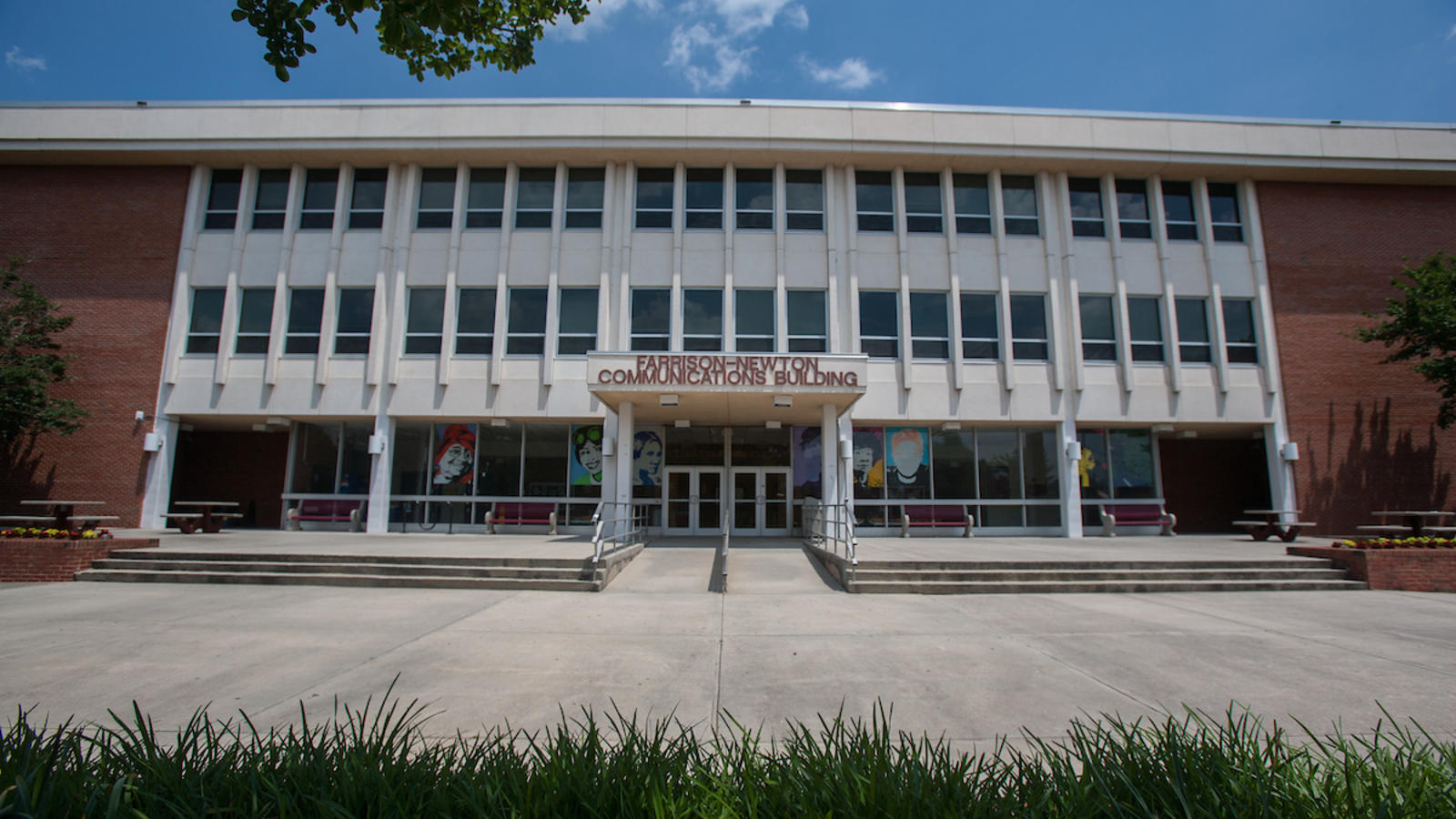North Carolina Central University (NCCU) is joining eight other historically Black colleges and universities (HBCUs) to enhance investigative journalism. This groundbreaking consortium is led by Howard University's Center for Journalism & Democracy (CJD) and aims to transform how investigative journalism is taught and practiced at HBCUs.
“Being members of this consortium is great for the University and the department because it allows NCCU to join with other HBCUs to do together for our students what a single institution might not be able to accomplish on its own,” said Calvin Hall, Ph.D., chair of NCCU’s Department of Mass Communication. “For the departments involved, the consortium will help us encourage excellence by allowing us to work together to reinforce the idea that excellence in mass communication education is an essential part of a university.”
The collaboration launched its first major initiative this fall—a course titled "The Foundations of Investigative Journalism: The Shared Classroom (listed as MSCM 3660 Special Topics in Mass Communication at NCCU).” The 15-week hybrid course, running from August to December, immerses students in the mindset, history, and tools essential to investigative reporting. The course combines online lectures and in-person sessions, featuring industry experts, including Pulitzer Prize-winning journalist Nikole Hannah-Jones, founder of the CJD.
"Our communities are disproportionately affected by many of the ills and wrongdoings that journalism uncovers. Our students have the determination to investigate these issues, and now they'll have the skills to match," Hannah-Jones, said in a recent interview with Howard’s The Dig.
Students from NCCU will participate in live online classes every Monday, with in-person sessions led by experienced journalism practitioners on Wednesdays. The hands-on approach is designed to ensure that students not only learn the theory but also practice the craft of investigative journalism.
For Chris Frazier, an NCCU senior mass communication major enrolled in the course, the most impactful lesson he’s learned is to question everything.
“Since the start of the semester, Professor Jones stressed the ‘document state of mind,’ which means that we have to assume that there is a document or form of paperwork that proves what we're trying to prove as investigators,” he said. “Adapting that way of thinking has already changed how I cover things on campus, and I can't wait to incorporate it into my own investigations.”
Frazier also reflected on the importance of learning from leading figures in the field.
“It has been game changing. All investigative journalists have something in common: they all create or represent change. Being their student is essentially learning how to be an agent of change and as a Black man in the United States, learning that role gives me, as well as my community, the power to hold others accountable.”
For more information about NCCU’s involvement in the CJD, contact Dr. Calvin Hall at (919) 530-5115 or [email protected].
